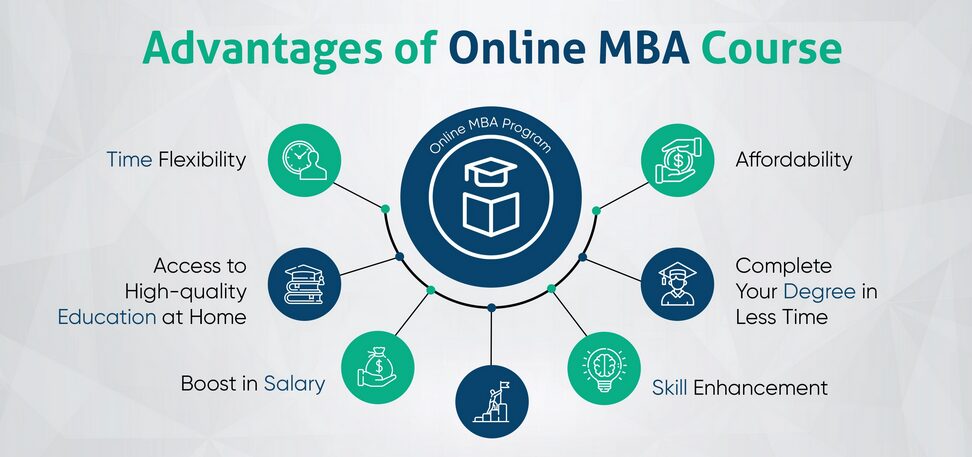Deciding to pursue a Master of Business Administration (MBA) is a significant step for many professionals aiming to enhance their careers. However, one of the first decisions you’ll face is whether to enroll in a part-time or full-time MBA program. Each option has its unique advantages and challenges, making it essential to evaluate which path aligns best with your personal and professional goals. This article will explore the key differences between part-time and full-time MBA programs, helping you make an informed decision.
Full-Time MBA Programs

Overview: A full-time MBA program typically lasts two years and requires students to commit to a rigorous course load, attending classes during weekdays.Advantages:
- Immersive Experience: Full-time students often benefit from a more immersive educational experience, including networking events, internships, and extracurricular activities.
- Accelerated Learning: The condensed format allows students to complete their degree quickly, often in just two years.
- Access to Resources: Full-time students may have better access to campus resources such as career services, libraries, and faculty.
Challenges:
- Opportunity Cost: Students must leave their jobs or significantly reduce work hours, which can lead to lost income during the program.
- Intense Schedule: The demanding schedule may be overwhelming for some, requiring strong time management skills.
Part-Time MBA Programs
Overview: Part-time MBA programs are designed for working professionals who wish to continue their careers while pursuing their degree. Classes are often held during evenings or weekends.Advantages:
- Work-Life Balance: Part-time programs allow students to maintain their jobs, providing financial stability while studying.
- Immediate Application of Knowledge: Students can apply what they learn in real-time at their workplaces, enhancing both their education and job performance.
- Networking Opportunities with Peers: Part-time students often come from diverse industries, providing valuable networking opportunities that can benefit their careers.
Challenges:
- Longer Duration: Completing a part-time MBA typically takes longer than a full-time program, often three years or more.
- Limited Campus Experience: Part-time students may miss out on some campus activities and resources available to full-time students.
Key Considerations in Choosing Between Part-Time and Full-Time
- Career Goals: If you aim for rapid career advancement or a significant career change, a full-time MBA may be more suitable. Conversely, if you want to enhance your current role while maintaining job security, consider a part-time program.
- Current Employment Situation: Evaluate your job flexibility and whether your employer supports your educational pursuits through tuition reimbursement or flexible scheduling.
- Financial Implications: Consider the cost of tuition against potential lost income if you choose a full-time program. Part-time programs allow you to earn while you learn but may prolong the time until graduation.
- Learning Style and Preferences: Reflect on whether you thrive in an immersive learning environment or prefer the flexibility of managing work and study simultaneously.
Conclusion
Choosing between a part-time and full-time MBA program ultimately depends on your personal circumstances, career aspirations, and learning preferences. A full-time MBA offers an immersive experience that can accelerate career advancement but requires leaving the workforce temporarily. On the other hand, a part-time MBA provides flexibility and allows you to apply what you learn immediately but may prolong the time until graduation. By carefully considering your goals and situation, you can select the path that best aligns with your professional journey.
FAQs
1. Can I switch from part-time to full-time during my MBA?
Yes, many programs allow students to switch from part-time to full-time status if they find their circumstances change.
2. Do part-time MBA programs require work experience?
Most reputable part-time MBA programs require applicants to have relevant work experience, similar to full-time programs.
3. How do employers view part-time versus full-time MBAs?
Generally, both types of degrees are respected by employers; however, the context of how you applied your learning in your job can be crucial.
4. Are there any online options for part-time or full-time MBAs?
Yes, many institutions offer online versions of both part-time and full-time MBA programs that provide flexibility in scheduling.
5. What is the average duration of a part-time MBA program?
Part-time MBA programs typically take three years or more to complete, depending on the number of courses taken each semester.
